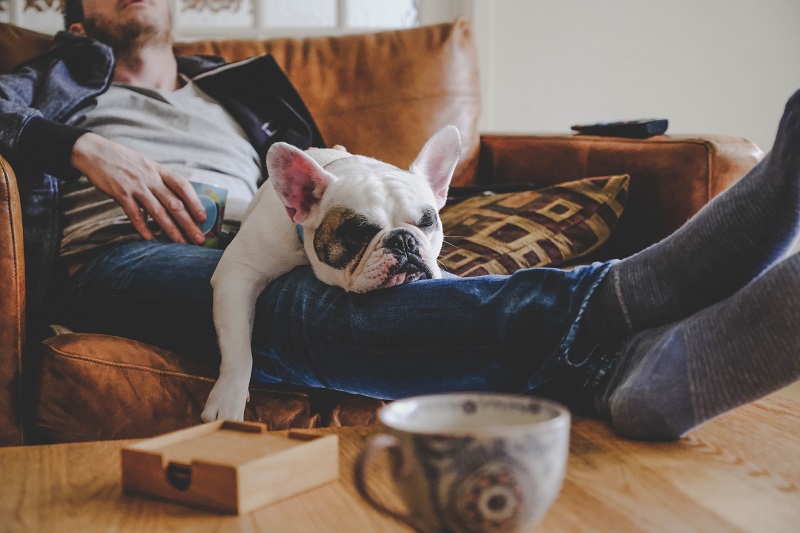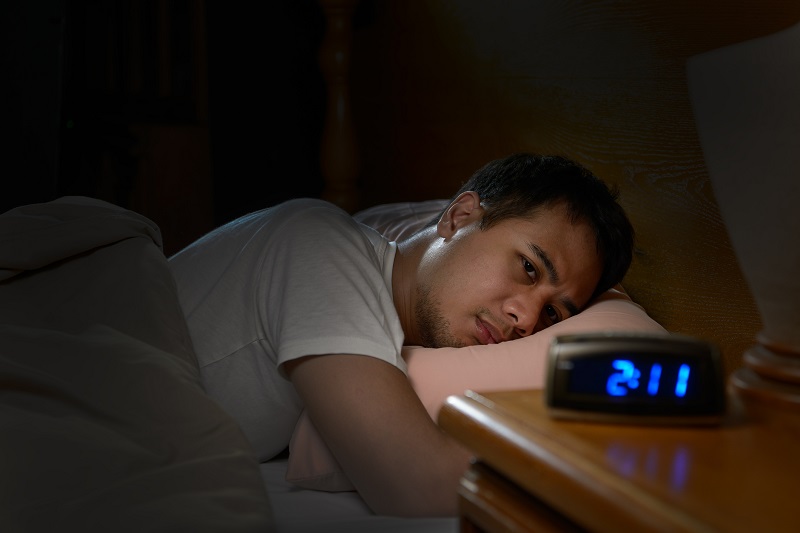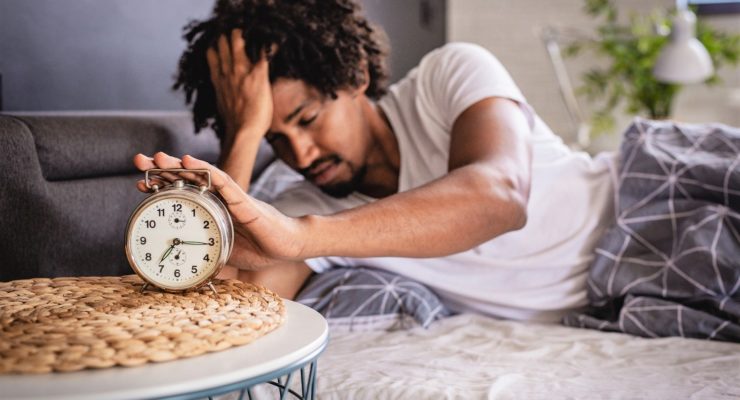If given the choice between a coffee break or a nap, which would you choose?
One third of all Americans choose the nap which, like caffeine, can leave you alert, refreshed, recharged and ready to take on whatever the rest of the day throws at you. One benefit of the nap option: You won’t be tempted to include a couple of biscotti with it.
But not all naps are created equal. The best, say most experts, are relatively short—10 to 30 minutes. Often referred to as “power naps” or “cat naps,” these short snoozes bypass the deeper cycles of sleep that can make you feel groggy and woozy when you wake up.
Physical and Emotional Benefits of Power Naps

Naps have been shown to benefit physical and emotional health in many ways, including increasing reaction time, boosting mood, helping you think and learn better, and boosting memory.
For example, a research review, published in the Journal of Sleep Research, found that naps can help improve performance on certain tasks, such as addition, logical reasoning, symbol recognition and reaction time.
Other research has shown that napping is a mood regulator. Naps are associated with more positive moods and one study found that taking a short snooze can help you be less impulsive and frustrated, a bonus if you happen to be on a weight loss plan.

Studies on the effects of napping on memory in seniors point up the importance of keeping your afternoon crash to a minimum for best results. One study, published in the Journal of the American Geriatrics Society, found that older people who napped for 30 to 90 minutes had better word recall (a sign of a healthy memory) than those who didn’t nap or who napped longer than an hour and a half.
According to experts at John Hopkins Medicine, one reason for this finding may be that longer naps are indicative of poor nighttime sleep. If you’re chronically sleep deprived, you may find yourself napping in the daytime whether you want to or not. We’re all equipped with a natural, chemical-driven impulse called “homeostatic sleep drive” which makes us feel pressured to sleep, much like certain body chemicals tell us we need to eat. If you’ve had a good night’s sleep, that drive is low. A nap can keep it low.

However, while napping may be just the thing for an occasional bad night’s sleep, it isn’t a long-term solution for many nights of insomnia or poor sleep, which is a risk factor for obesity. Research has found that people who don’t get enough sleep at night tend to experience increased appetite and choose foods that are high in calories and carbs.
As long as you aren’t using your naps as a bandage on a bigger sleep problem and you follow some guidelines for making the most of your afternoon siesta, napping can be better than a coffee break for giving you a fresher outlook on life.
Rules to Follow for a Powerful Power Nap

1. Keep naps brief: 10 to 20 minutes is ideal, says The Sleep Foundation. (FYI: Studies have found that naps shorter than that aren’t as restorative.) To make sure you don’t oversleep, set an alarm on your phone to wake you up.
2. The best time for a short nap is between one and four o’clock in the afternoon, say experts from the Johns Hopkins Sleep Disorders Center. Earlier afternoon is probably better since your nap then is less likely to make it harder to fall asleep at night, according to sleep experts from The Cleveland Clinic.
3. Find a quiet cozy place to sleep. This might be impossible at work, unless you’re fortunate to work at some larger corporations, like Ben & Jerry’s and Google, that supply designated nap spaces for employees to help promote energy and creativity. But if you’re at home, a comfy couch or your bed is a good place to catch a few Zzzs after lunch.
Don’t feel bad if naps don’t come naturally to you or you don’t find them refreshing or helpful. Studies have found that regular nap lovers seem to be hardwired to stay in lighter stages of sleep, while infrequent nappers fall into deeper sleep which can leave them feeling groggy, not alert, when they wake up.
Successful napping, a recent Harvard study found, may actually be in your genes. Using genetic information from a number of databases, including 23andMe, a consumer genetic testing company, the researchers found a number of genes linked to a propensity for napping. You either got ‘em or you don’t, so don’t lose any sleep over it.
The post The Power of a Power Nap appeared first on The Leaf.
from The Leaf https://leaf.nutrisystem.com/the-power-of-a-power-nap/


Post a Comment